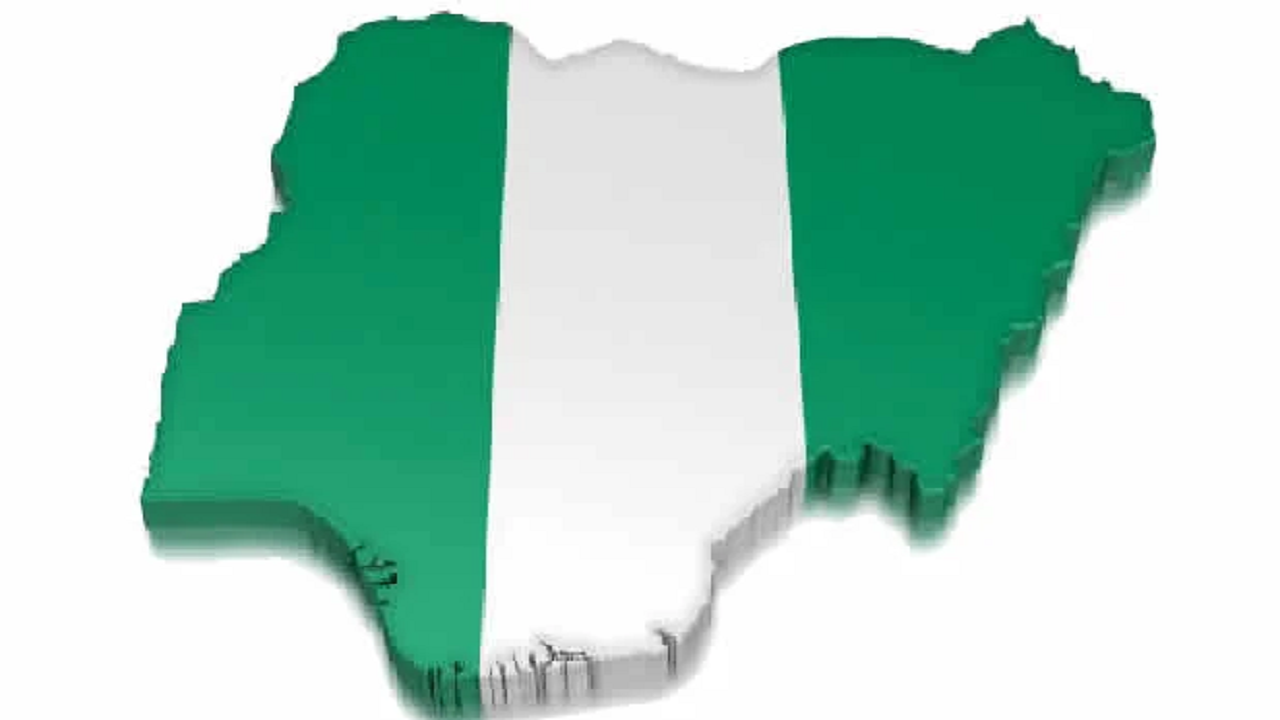A Professor of Political Science, Mr. Eugene Nweke, has said the Nigerian state is fast drifting into the worst form of fragility ever witnessed since the end of the civil war.
Nweke, who is the Deputy Vice-Chancellor, Academics, at the Ebonyi State University, Abakaliki, made the assertion during the 18th Inaugural Lecture Series of the university, held at the Main Auditorium of the Information and Communications Technology Centre, on Saturday.
In a lecture he delivered, titled “Politics And State Fragility: The Open Governance Narrative,” Professor Nweke, who was the inaugural lecturer, called on both state and non-state actors to rise against the risk of ‘statelessness’ and ‘loss of statehood’ in Nigeria.
He averred that “the fragile statehood we are experiencing is due to political apathy of the greater population of the citizens”, noting that “political participation is an essential civic obligation, an indispensable right and responsibility of the people to be involved in the governance of their affairs.”
“Without prejudice to our perspectives of politics, democratic politics and development are the most desirable aspiration of the people, but under constant threat by the fragility of state,” he added.
According to Professor Nweke, fragility of the Nigerian state is peculiar, and the one-size-fits-all approach cannot be applied to the current predicament unless the restructuring of the Nigerian state is done.
“The Nigerian state is not indigenous but a figment of European imperialism instituted by the British colonial regime within the political economy of bullionism and mercantilism. This fault line of fragility is the prelude to the prevalence of predatory state actors, who have the competence to advance good governance but did not due to their preference to consolidate the rent-seeking legacy of imperialism. Presently, the Nigerian State is transiting into the fourth stage of domestic neo-colonialism.
“The process started with the post-independence state captors, also known as Nigerian Nationalists. The nationalists were more concerned with the struggle to control the Nigerian state to the detriment of state building, hence the complex and irreconcilable political unrest that led to the first military coup d’état of January 15, 1966.
“The military coup d’état introduced the second brigade of state captors. This group co-opted the political elites to assist and legitimise the internal plundering of the state. The end of the military era on May 29, 1999 marked a new generation of political cliques. The cliques ordained by the military recaptured the Nigerian State to date. The common phenomenon of these periods is the unity of political elites in sustaining the skewed Nigerian state for their interest.
“The emerging fourth set of internal captors is the virulent ethno-religious political insurgents, terrorists, and bandits. These four sets of internal colonialism, as I call them, have consistently sought, recruited and controlled the machine politics of the Nigerian State. The devices of these groups are the bane of fragility in Nigeria, and the hope for effective government is uncertain unless the Nigerian state is decolonised,” he explained.
Mr Nweke lamented that “the fragility of the Nigerian state is making human beings, especially children and women, vulnerable and exposed to insecurity, poverty, and extreme violence. At the receiving end of these are the people who are on a daily struggle for survival.”
He further noted, “This inaugural lecture is, therefore, beyond an academic responsibility; it is a declaration, advocacy, and a clarion invitation of state and non-state actors to rise against the risk of ‘Statelessness’ and loss of “Statehood” in Nigeria.
“The significant cause of statelessness is discrimination based on race, ethnicity, religion, language, or gender. Non-inclusion of specific groups in the body of citizens for discriminatory reasons is linked to protracted and large scale statelessness in the country of birth. States can also deprive citizens of their nationality through changes in law using discriminatory criteria that leave whole populations stateless.”


